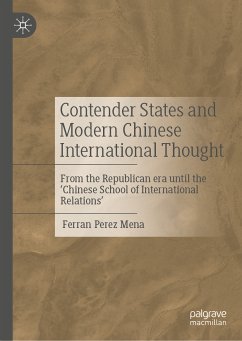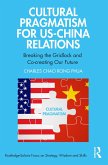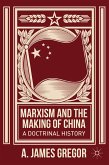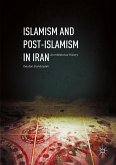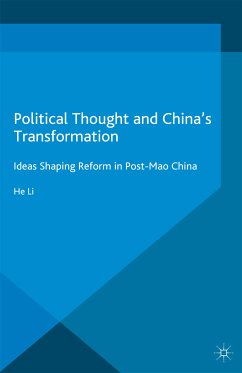This book contends that the development of modern Chinese international thought has been profoundly shaped by the distinctive nature of the Chinese state as a contender state and its global positioning since 1912. The argument posited demonstrates that, notwithstanding the varied perspectives on the 'international' held by Chinese intellectuals throughout the 20th century, there exist commonalities across the periods analyzed in this book. In essence, the book emphasizes that the shared elements influencing the production of modern Chinese international thought do not derive from a unified cultural Chinese identity but rather stem from China's evolving geopolitical position in the modern world.
Dr. Ferran Perez Mena is an Assistant Professor in International Relations of East Asia at Durham University. Ferran holds a PhD in International Relations from the University of Sussex. His current research focuses on the intricate interplay among Chinese IR scholars, the Chinese state, and the production of normative perspectives on world order. Additionally, his work explores transnational connections between Western and Chinese intellectual and economic elites.
Dieser Download kann aus rechtlichen Gründen nur mit Rechnungsadresse in A, B, BG, CY, CZ, D, DK, EW, E, FIN, F, GR, HR, H, IRL, I, LT, L, LR, M, NL, PL, P, R, S, SLO, SK ausgeliefert werden.

